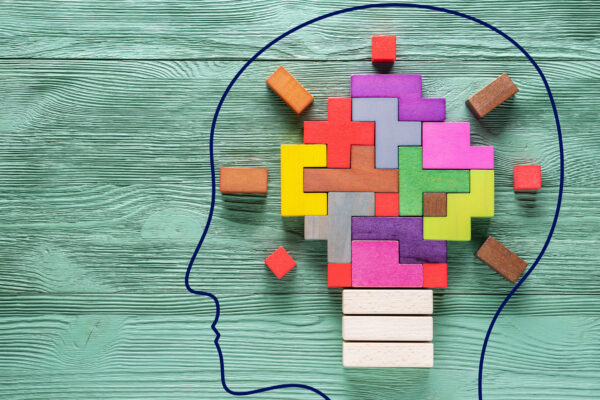News: Research Findings

A newly published CHM study is among the first to collect empirical data on school employees’ mental health early in the pandemic
Research at the University of Wisconsin–Madison’s Center for Healthy Minds has isolated the changes in pain-related brain activity that follow mindfulness training — pointing a way toward more targeted and precise pain treatment.

In new research, a team from the Center for Healthy Minds at the University of Wisconsin–Madison, led by Richard J. Davidson, found no evidence of structural brain changes with short-term mindfulness training.
Maternal depression and anxiety symptoms during pregnancy have an effect on infants’ brain development at one month old after birth.

Researchers at the Center for Healthy Minds develop a four-week smart phone-based meditation app that resulted in reduced psychological distress and improved well-being skills amongst educators.

People with high activity diversity show better psychological well-being and positive affect regardless of the total amount of time spent in all activities combined.

